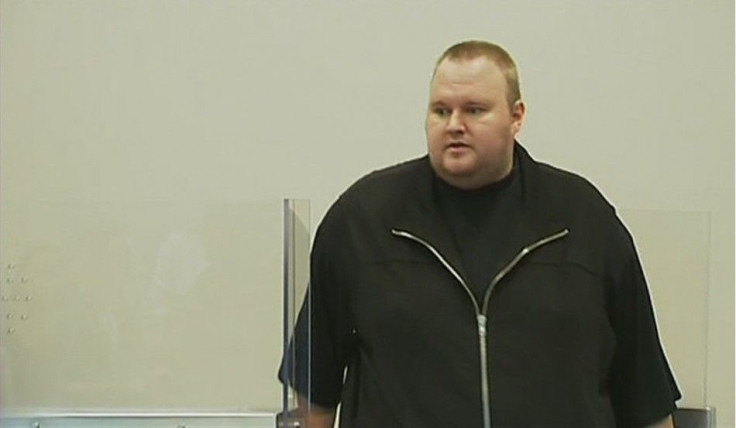MegaUpload Mega Boss Kim 'Dotcom' Schmitz Regains $750,000 In Assets After New Zealand Court Hearring

MegaUpload founder Kim Dotcom Schmitz, has won back $750,000 in assets after a New Zealand court hearing.
The money, which was technically Schmitz's in the first place, had been confiscated by New Zealand authorities after he was arrested on charges of money laundering, racketeering and copyright infringement in relation to the MegaUpload enterprise.
After it was recently revealed that the search warrant obtained by New Zealand authorities was inapplicable to the pending situation, the court rendered the search illegal.
The New Zealand High Court subsequently ruled to unfreeze a bank account containing around $300,000 and returned a $250,000 Mercedes.
While Dotcom now has full access to the funds, he will most likely have to spend it on legal fees and possible civil claims, particularly in the U.S.
It was back in January that the MegaUpload mega boss made major news over the company's role in illegal file sharing.
The MegaUpload domain name was seized and the site was shut down in January by the U.S. Justice Department following the indictment and arrests of the owners for allegedly operating as an organization dedicated to copyright infringement.
At the request of the US Federal prosecutor, the New Zealand Police arrested Dotcom and three other MegaUpload executives in a leased $30 million luxury mansion at Coatesville near Auckland on January 20.
The raid was timed for the birthday celebration of Dotcom.
Assets worth $17 million including art works and luxury cars were seized. The four men arrested were Kim Dotcom Schmitz, Finn Batato, Mathias Ortmann and Bram van der Kolk. Up to 80 Police officers were involved in this operation.
As some of the alleged MegaUpload crimes did occur in the US, there is a chance that the corporate execs will have to face extradition to the states.
But according to Complete Music Daily, legal reps for Schmitz and the other Mega execs are confident that they can successfully fight off America's extradition attempts, mainly because the core copyright charges against their clients do not command a high enough jail term in America to justify extradition.
Criminal charges linked to the Mega company itself are also going to be hard to enforce, as the firm didn't have a corporate base within the USA.
The extradition hearing for Schmitz, thought to take place in August, is now looking like it will happen sometime around September, according to CMD.
© Copyright IBTimes 2024. All rights reserved.












